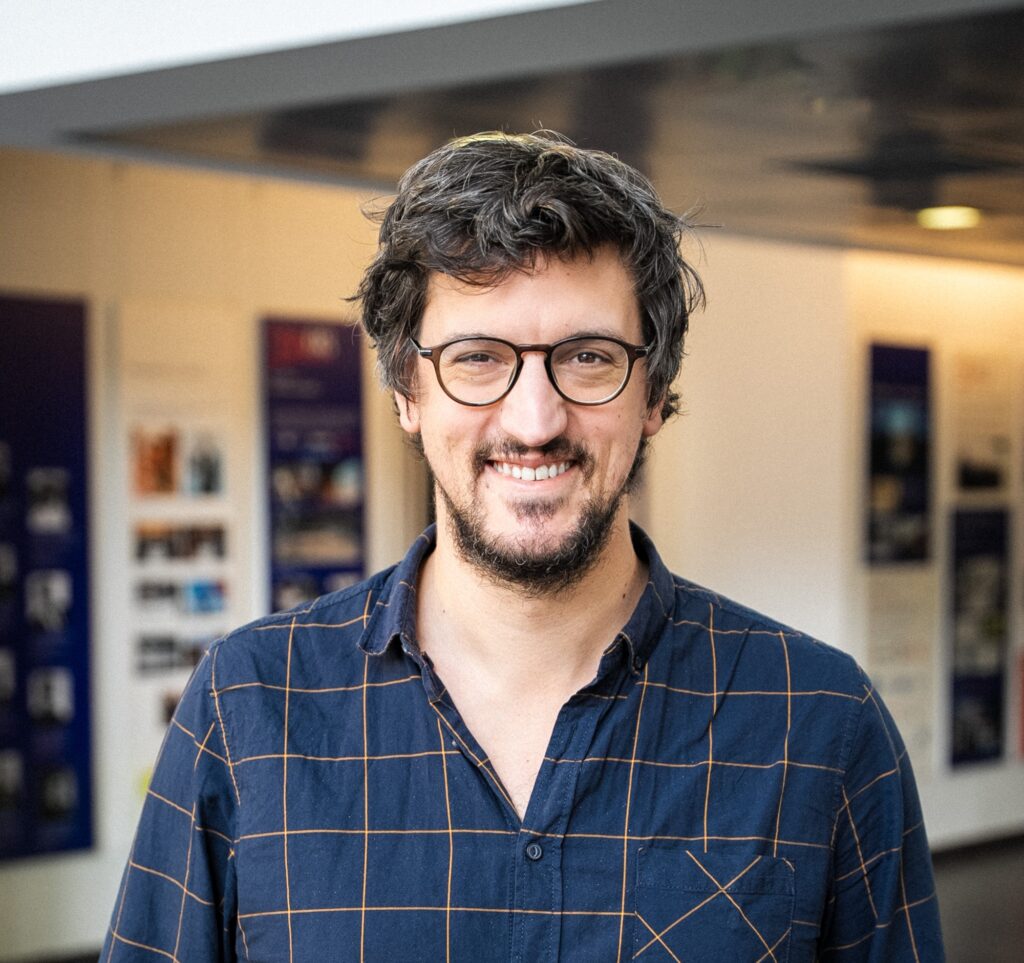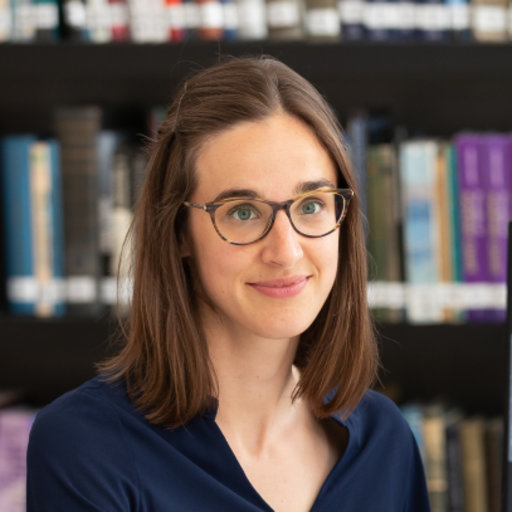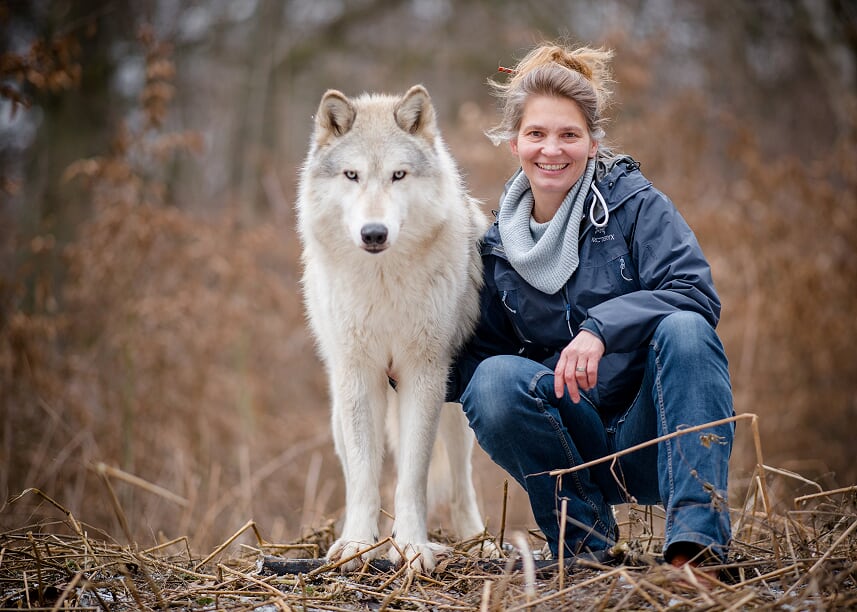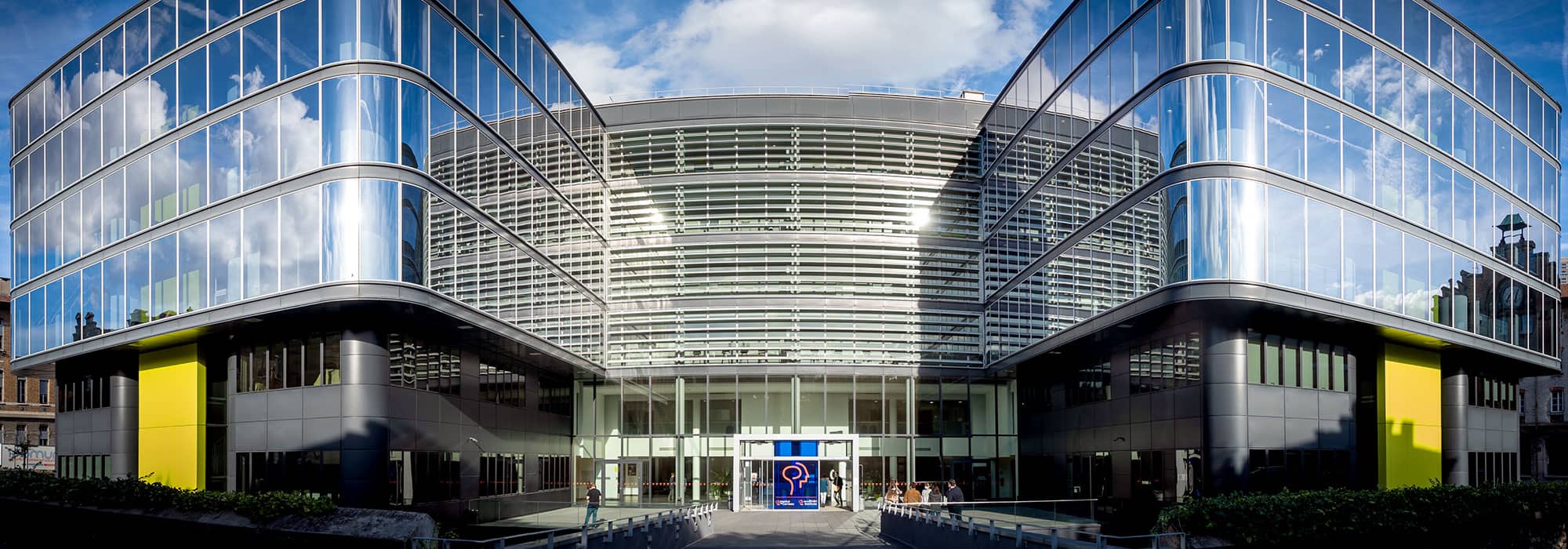ESCBC 2024 Keynote Speakers

Christelle Baunez
Christelle Baunez is a Director of Research at CNRS, and leader of the team ‘Cognition and Physiopathology in the Basal Ganglia’ (CoPhyBaG) at the Institut de Neurosciences de la Timone (INT) in Marseille. She started to be interested in the subthalamic nucleus (STN) as a possible target for the treatment of Parkinson’s disease during her PhD thesis in Marseille on interactions between glutamate and dopamine within the basal ganglia. During her post-doc at Cambridge University (UK), she assessed the involvement of the STN in non-motor functions. She revealed STN involvement in attention and control of inhibition.
She got her permanent position at the CNRS in 1997 and pursued her research on the functions of the STN, developing deep brain stimulation (DBS) in behaving rats and macaques. One of her major findings was to show that STN lesion or DBS reduces motivation for cocaine, while increasing motivation for food, suggesting that STN DBS could be applied to treat addiction. The most recent findings confirm it on other criteria of addiction. The research in her team extends to non-human primates and parkinsonian patients or persons suffering from substance use disorders and is mainly focused on motivation.
Bassem Hassan
Bassem Hassan is a Team Leader and Research Director at the Paris Brain Institute (ICM). After completing his PhD at the Ohio State University, Bassem did his post-doc research at the Howard Hughes Medical Institute, and the NIH at Baylor College of Medicine, focusing on early neurogenesis. In 2001, Bassen established the first Drosophila lab in Belgium, at the VIB and the University of Leuven Medical School. In 2016, his team moved to the Paris Brain Institute, where Bassem later became the Scientific Director and Deputy Executive Director. Bassem Hassen has been awarded the EMBO Young Investigator Award, elected as an EMBO member, named Einstein Visiting Fellow at the Charité and the Freie Universität Berlin, and recognized with the Allen Distinguished Investigator and Roger De Spoelberch Prize.
His research focuses on understanding the genetic mechanisms that regulate early nervous system development, using diverse models: fruit flies, mice, and human iPS cells. His work has provided insights into transcriptional regulation, cell-cell signalling, the timing of brain development, and the stochastic nature of brain wiring, challenging existing paradigms of neural circuit specificity. His team’s discoveries have fostered our understanding of the genetic underpinnings of neurodevelopment and how these processes relate to human diseases.


Romain Ligneul
Romain Ligneul is a researcher at the Lyon Neuroscience Research Center (CRNL) and the principal investigator of the ERC-funded CRACK-5HT project. This project seeks to unravel the primary computational functions of serotonin signaling in the mammalian brain, using a mix of computational, systems, and cognitive neuroscience methods. He has a keen interest in causal inference and controllability estimation models, exploring their implications for learning, decision-making, and executive control in both mice and humans.
Previously, Romain explored various factors influencing motivation and decision orientation, such as risk, uncertainty, social dominance, and curiosity. His long-term research could potentially reveal overlooked learning and decision-making biases that contribute to the symptoms and etiology of several neuropsychiatric disorders, including depression, anxiety, and obsessive-compulsive disorders.
João Peça
João Peça is an Assistant Professor at the University of Coimbra and Group Leader at the Center for Neuroscience and Cell Biology (CNC–UC). João completed his Ph.D. research at Duke University, where he pioneered the field of optogenetics and performed postdoctoral research at MIT researching the role of cortico-striatal dysfunction in autism spectrum disorders. His present research interests centre on using advanced models to understand how genetic and environmental risk factors translate to neuronal circuit alterations in neuropsychiatric disorders.
His work has led to primary research papers in high-impact journals, including Nature, Nature Communications, Molecular Psychiatry, PNAS, and Neuron. João Peça was an FCT Investigator (2013), won a Marie Curie Career Integration Grant (2014) and was a NARSAD Young Investigator (2014–2016). In 2019 he won the “Pfizer Prize in Basic Research”, the oldest and one of the most prestigious prizes in Portugal in Biomedical Sciences, and in 2022 was awarded a “Special Recognition in Science” by the World Cultural Council, Switzerland. João Peça is on the Board of Directors of CNC-UC, is Treasurer of the Portuguese Society for Neuroscience, and is a member of the Board of Education for “Neurasmus: the European Masters in Neuroscience.


Marion Rouault
Marion Rouault is a tenured research-only Principal Investigator in the Motivation Brain and Behaviour Team based at the Paris Brain Institute. She is interested in the neurocognitive mechanisms underlying metacognition, learning and decision-making in humans, which she investigates using carefully controlled behavioural experiments in tandem with computational modelling and neuroimaging, in healthy and patient populations. Her research relates to human meta-cognition– the ability we have to monitor and evaluate our own cognitive capacities.
Specifically, she examines how a sense of confidence changes in the presence and absence of feedback, and its relationship with meta-cognition, at the behavioural, computational and neural levels. She investigates how confidence is built and maintained, and the functional role of confidence signals in guiding learning and decision-making. In addition, she aims to understand how a global sense of confidence such as individual self-esteem is built from local, task-dependent confidence. Extensions of this work include the study of metacognitive impairments in psychiatric disorders characterized by changes in self-evaluation.
Friederike Range
Friederike Range is an expert in animal behaviour and cognition. In recent years, she has focused on studying different aspects of cooperation in the context of domestication by comparing similarly raised and kept wolves and dogs. Domestication is thought to have changed animals’ temperament allowing for the emergence of advanced cognitive abilities. Instead, the research of her group does not support a dramatically changed temperament or better cognitive skills in dogs compared to wolves, but rather that the socio-ecological niche of dogs and wolves contributed to shaping dog’s behaviour and cognition. In recent years, fieldwork has caught up again and together with her team she expanded her research to free-ranging populations of wolves.


